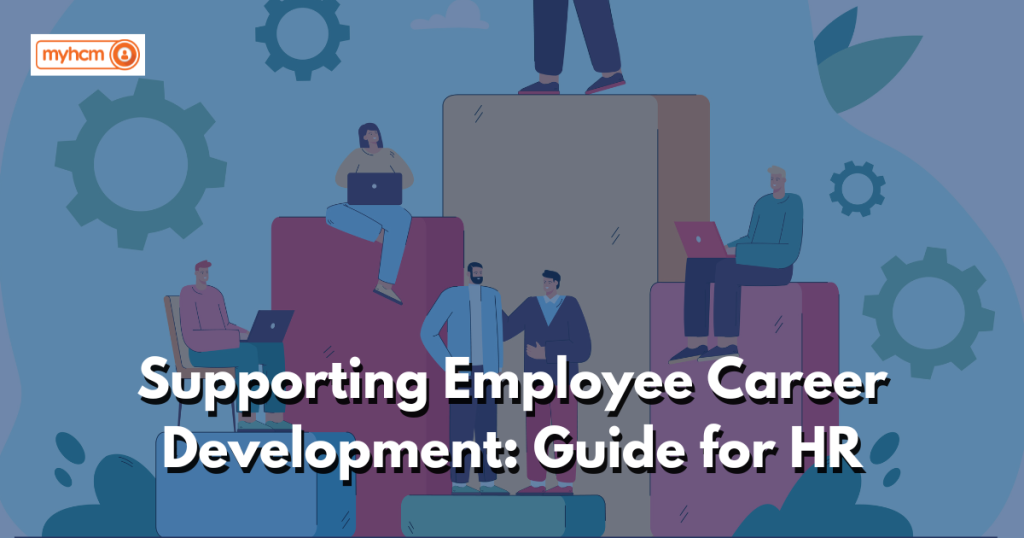Introduction
In today’s competitive workplace, employee career development is crucial for both individual growth and organizational success. Employees are not just looking for jobs—they want opportunities to grow and develop their skills. This is where HR plays a pivotal role. By fostering career development of employees, HR can help employees achieve their potential while boosting company productivity. But how can HR effectively support career development of employees?
Role of HR in Employee Career Development
HR are responsible for creating opportunities that help employees enhance their skills and advance in their careers. This includes providing access to resources like training programs, mentorship opportunities, and career counseling. HR professionals must work closely with managers to ensure employees are guided on the right career path. By doing this, HR can help employees feel valued and supported, which in turn boosts retention and job satisfaction.
Creating a Employee Career Development Culture
One of the best ways HR can support employee career development is by cultivating a culture of continuous learning. In this fast-changing world, upskilling is no longer a luxury—it’s a necessity. HR teams can create a development culture by encouraging learning and offering opportunities for employees to expand their skill sets. Whether it’s through workshops, seminars, or online courses, HR must ensure that employees are continually growing. When employees feel they are advancing, they become more motivated and engaged in their work.
Providing Mentorship Programs for Employee Career Development
Mentorship is undoubtedly one of the most effective ways HR can support employee career development. Moreover, by pairing employees with mentors, HR can create a support system that effectively guides employees through their career journey. Mentors not only provide invaluable advice and share industry insights but also help mentees navigate their roles. Therefore, HR teams should establish structured mentorship programs to facilitate these relationships, ensuring that employees have access to the guidance they need to succeed.
Offering Career Counseling for Employee Career Development
Career counseling is another essential service that HR can offer to support career development. Not all employees know the steps they need to take to advance in their careers. HR can provide personalized career counseling sessions, where employees receive advice on how to align their skills with their career goals. These sessions also allow HR to identify gaps in employees’ development and offer solutions to bridge them.
Implementing Training and Development Programs
HR can further support employee career development by offering targeted training programs. These programs should focus on building the skills that employees need to progress in their careers. From leadership training to technical workshops, HR teams can design programs that cater to the specific needs of their workforce. This not only benefits the employees but also the organization by fostering a highly skilled workforce.
Promoting Internal Mobility
Internal mobility is another way HR can support employee career development. By promoting from within, HR can provide employees with new challenges and growth opportunities. Internal mobility not only encourages employees to stay with the company but also shows that the organization is invested in their long-term success. HR teams should work to create a clear path for career advancement within the organization.
Recognizing and Rewarding Growth
Recognizing and rewarding employee growth is crucial in fostering a positive career development environment. HR can support employee career development by establishing a reward system that acknowledges employees’ achievements and progress. This could be through promotions, bonuses, or public recognition. When employees feel that their growth is valued, they are more likely to stay motivated and committed to the organization.
Conclusion
HR plays a central role in supporting career development, from mentorship programs and career counseling to training opportunities and internal mobility. By fostering a culture of continuous learning and offering the right support systems, HR can help employees grow, achieve their career goals, and contribute to organizational success. Investing in career development isn’t just a win for employees—it’s a win for the entire company.
